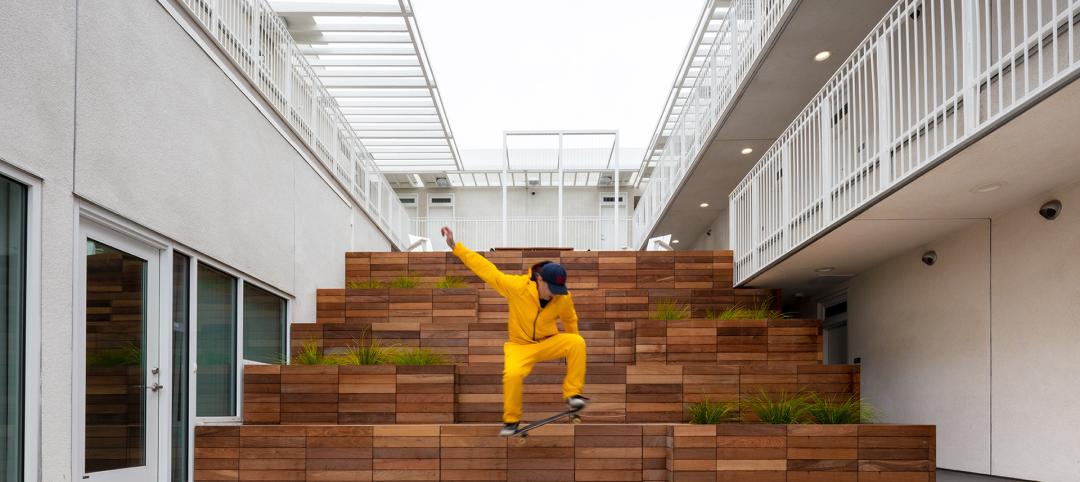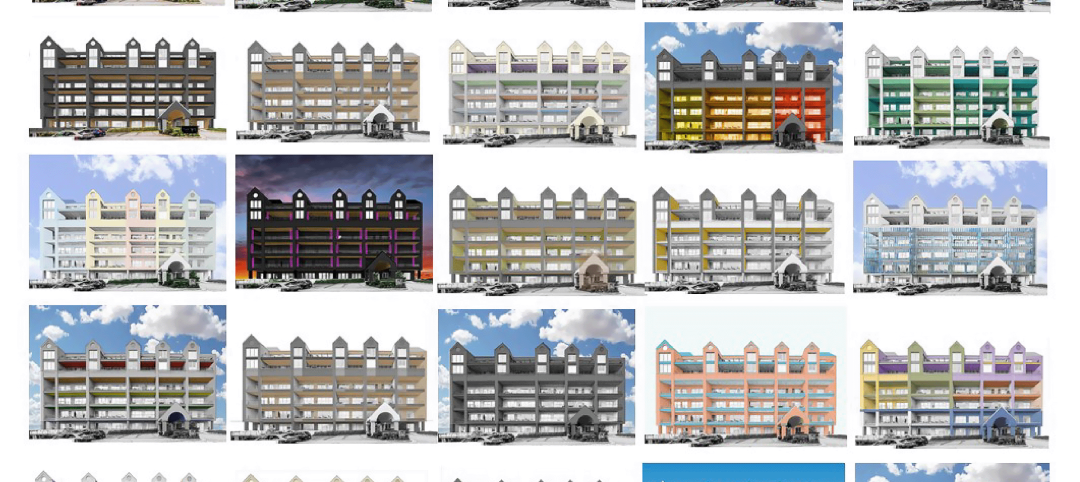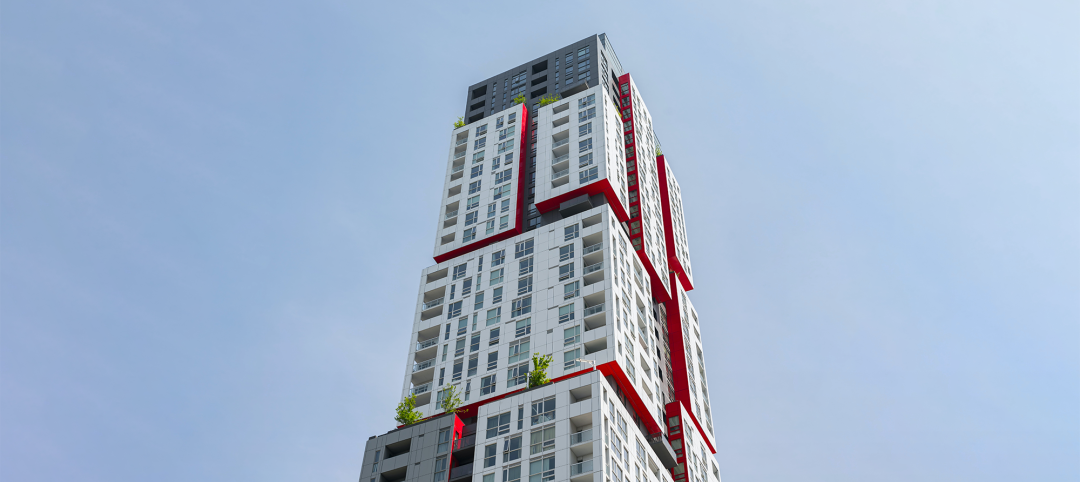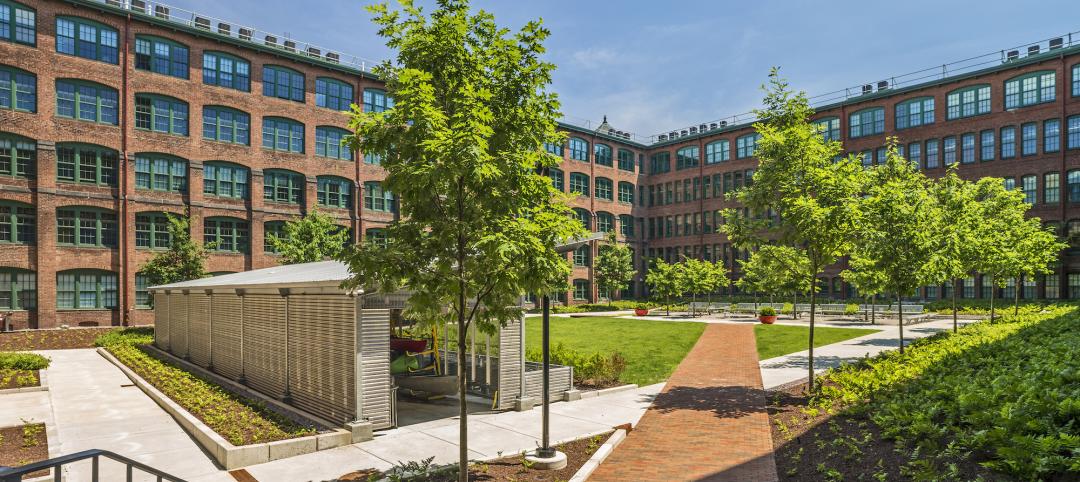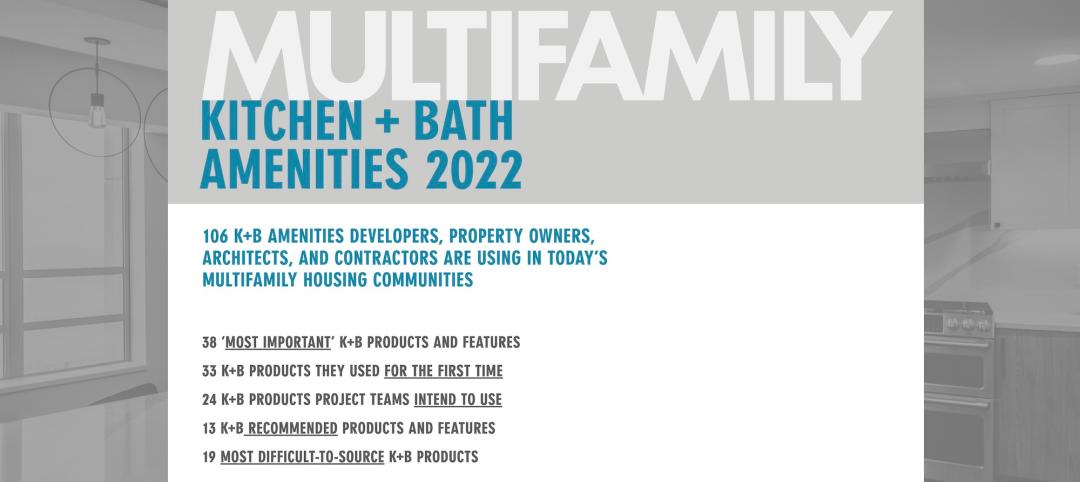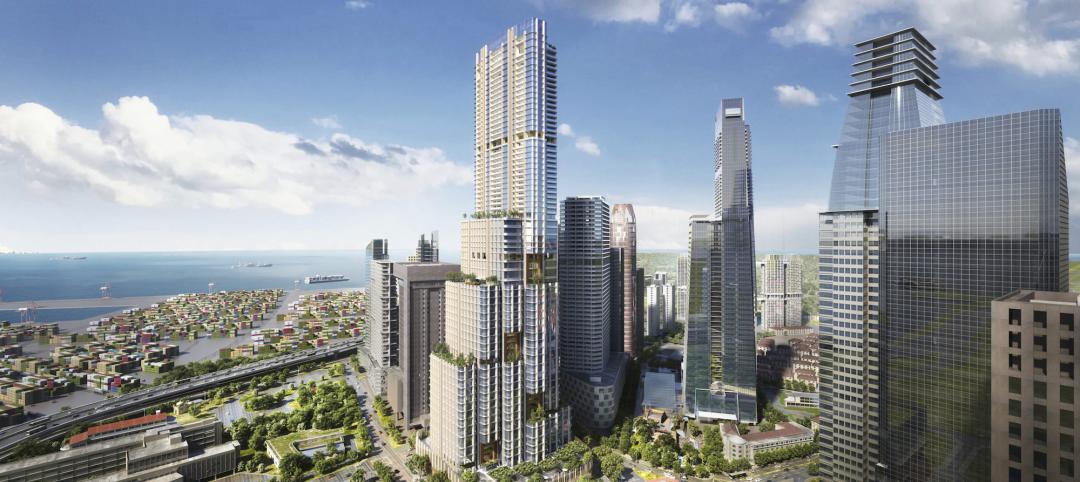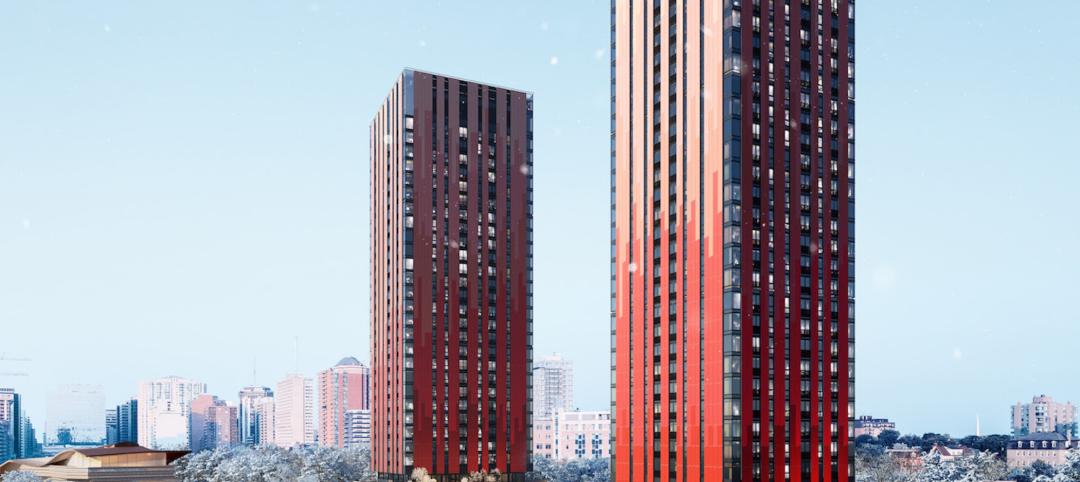By the end of 2015, 49 of 54 U.S. markets tracked by CoStar Group, the commercial real estate research firm, are expected to see their apartment vacancy rates increase.
That would suggest that supply in the multifamily sector is catching up with—or in several markets surpassing—demand. Last year, the 340,000 multifamily units started represented the highest level of construction since the 1980s. And some 20,000 new apartments are expected to come online in both Dallas and Denver alone this year.
Yet, despite the threat of oversupply there appears to be a consensus emerging, that positive demographic and economic forces could keep multifamily demand robust—and construction humming—at least through 2016.
The ever-optimistic National Association of Home Builders, for example, forecasts 358,000 multifamily starts in 2015, a level that Robert Denk, NAHB’s senior economist, thinks is “healthy and sustainable.” He told Multifamily Housing News recently that he expects that construction level to be maintained “for the next couple of years.” Denk also expects the country’s economic growth rates to be “high” in 2016.
In its Fourth-Quarter and Year-End 2014 Report, CoStar acknowledges that developers may need to “dial back” new construction after 2015 to keep vacancies (which ended last year at their lowest point in 10 years) and rents at healthy levels. CoStar estimates that new supply could push vacancy rates to 5.5% by the end of 2015.
On the other hand, today’s renter cohort, comprised largely of Millennials, “will take longer to transition into home buying than any demographic group in the last 30 years—obviously a good trend for apartment owners,” says CoStar. The research firm also foresees a 2-million-person increase in Millennial employment over the next few years, resulting in 1.53 million new households. “Apartment investors will find plenty of demand for new product.”
While some renters eventually will start families and relocate to homes in the suburbs, “a larger share of older households will be in the rental market,” mostly for lifestyle reasons. CoStar expects landlords to make a concerted effort to address the needs of renters as they age.
Multifamily as an asset class now exceeds $3 trillion, according to Andrew Florance, Founder and CEO of CoStar Group, which has detailed information on over 450,000 apartment properties in its database, the industry’s largest. More than 100 million Americans now rent, and 30 million people move annually. On Feb. 17, CoStar re-launched Apartments.com, its website for online searches of apartments, condos, and rental homes. Florance projects that, based on anticipated demand, within the next 10 years CoStar Group could achieve $550 million in annual revenue and $250 million in annual cash flow from this site.
CoStar will invest $75 million into marketing Apartments.com in 2015, a multimedia campaign that is scheduled to kick off on March 1.
Related Stories
Multifamily Housing | Dec 20, 2022
Brooks + Scarpa-designed apartment provides affordable housing to young people aging out of support facilities
In Venice, Calif., the recently completed Rose Apartments provides affordable housing to young people who age out of youth facilities and often end up living on the street. Designed by Brooks + Scarpa, the four-story, 35-unit mixed-use apartment building will house transitional aged youths.
Coatings | Dec 20, 2022
The Pier Condominiums — What's old is new again!
When word was out that the condominium association was planning to carry out a refresh of the Pier Condominiums on Fort Norfolk, Hanbury jumped at the chance to remake what had become a tired, faded project.
Cladding and Facade Systems | Dec 20, 2022
Acoustic design considerations at the building envelope
Acentech's Ben Markham identifies the primary concerns with acoustic performance at the building envelope and offers proven solutions for mitigating acoustic issues.
Self-Storage Facilities | Dec 16, 2022
Self-storage development booms in high multifamily construction areas
A 2022 RentCafe analysis finds that self-storage units swelled in conjunction with metros’ growth in apartment complexes.
Sponsored | Resiliency | Dec 14, 2022
Flood protection: What building owners need to know to protect their properties
This course from Walter P Moore examines numerous flood protection approaches and building owner needs before delving into the flood protection process. Determining the flood resilience of a property can provide a good understanding of risk associated costs.
Sponsored | Multifamily Housing | Dec 14, 2022
Urban housing revival: 3 creative multifamily housing renovations
This continuing education course from Bruner/Cott & Associates highlights three compelling projects that involve reimagining unlikely buildings for compelling multifamily housing developments.
Multifamily Housing | Dec 13, 2022
Top 106 multifamily housing kitchen and bath amenities – get the full report (FREE!)
Multifamily Design+Construction's inaugural “Kitchen+Bath Survey” of multifamily developers, architects, contractors, and others made it clear that supply chain problems are impacting multifamily housing projects.
Mixed-Use | Dec 7, 2022
Bjarke Ingels’ first design project in South America is poised to open next year in Ecuador
In 2013, Quito, Ecuador’s capital, opened its new airport, which had been relocated from the metro’s center to an agricultural site 12 miles northeast of the city. Since then, Quito’s skyline has been reshaped by new, vertical structures that include the 24-story mixed-use EPIQ Residences, designed in the shape of a quarter circle by Bjarke Ingels Group (BIG).
High-rise Construction | Dec 7, 2022
SOM reveals its design for Singapore’s tallest skyscraper
Skidmore, Owings & Merrill (SOM) has revealed its design for 8 Shenton Way—a mixed-use tower that will stand 63 stories and 305 meters (1,000 feet) high, becoming Singapore’s tallest skyscraper. The design team also plans to make the building one of Asia’s most sustainable skyscrapers. The tower incorporates post-pandemic design features.
Multifamily Housing | Dec 7, 2022
Canada’s largest net-zero carbon residential community to include affordable units
The newly unveiled design for Canada’s largest net-zero carbon residential community includes two towers that will create a new destination within Ottawa and form a striking gateway into LeBreton Flats. The development will be transit-oriented, mixed-income, mixed-use, and include unprecedented sustainability targets. Dream LeBreton is a partnership between real estate companies Dream Asset Management, Dream Impact, and local non-profit MultiFaith Housing Initiative.



